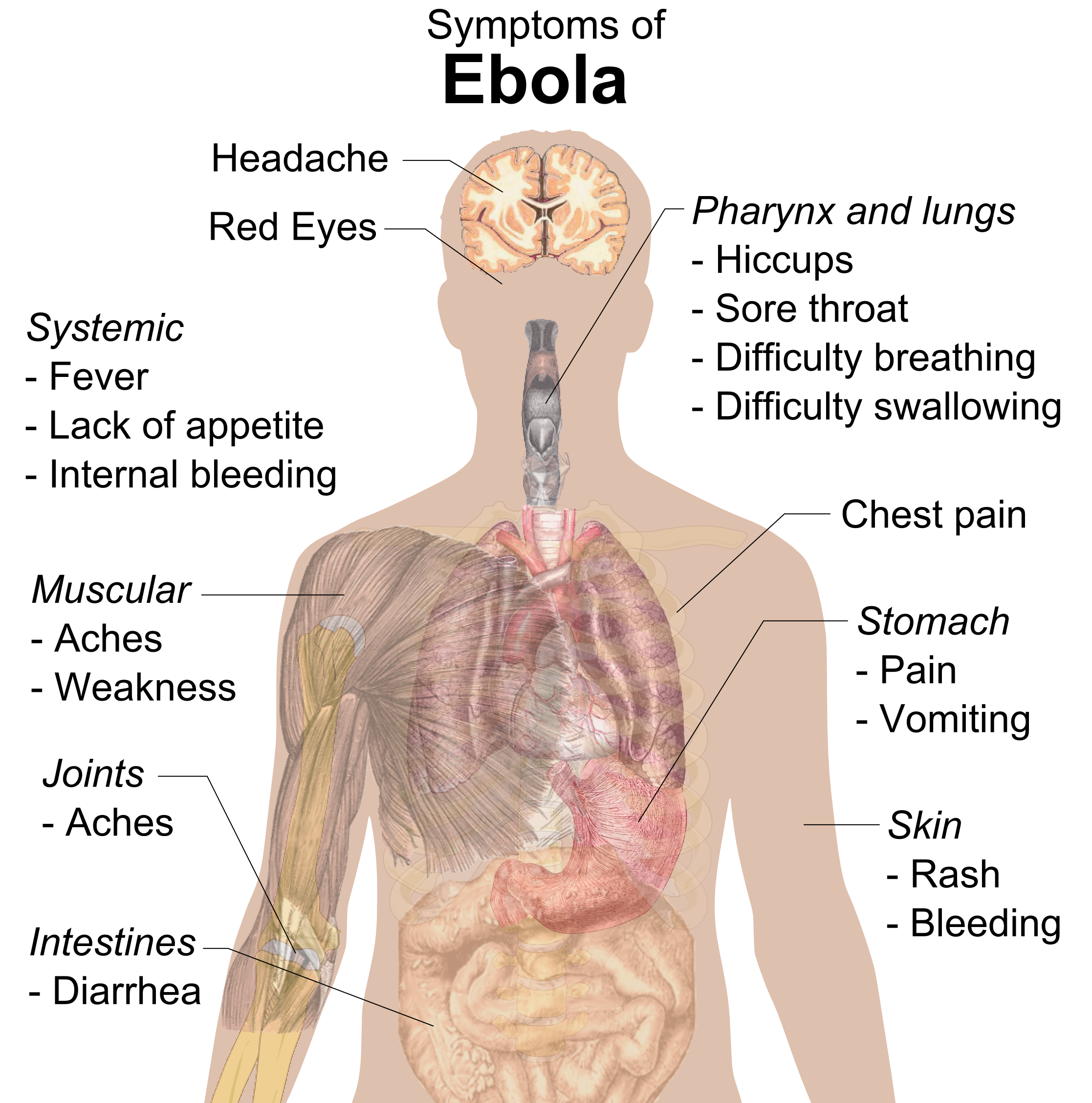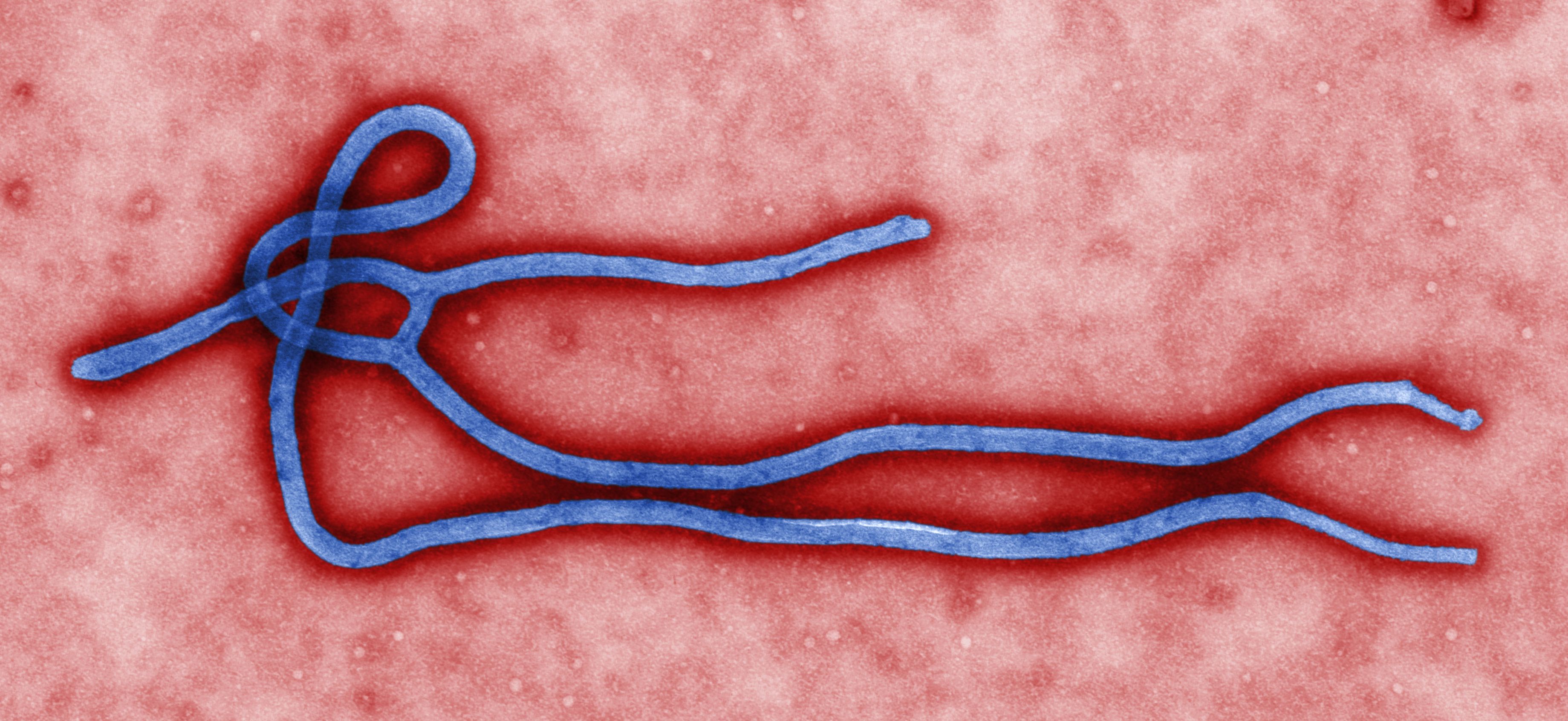|
Ebola (other)
Ebola is the Ebola virus disease of humans and other primates caused by ebolaviruses. Ebola may also refer to: * Ebola virus, a virus within the genus ''Ebolavirus'' and the cause of the majority of human deaths from Ebola virus disease * Ebola River, a river in the Democratic Republic of the Congo * Ebola (band), a Thai rock band See also * Eboladrome, a test track used by ''The Grand Tour'' * ''Ebolavirus'', a genus of viruses (with five known species) * Eboli, a town in Italy * List of Ebola outbreaks * West African Ebola virus epidemic, an outbreak that lasted between 2013 and 2016. * {{Disambiguation ... [...More Info...] [...Related Items...] OR: [Wikipedia] [Google] [Baidu] |
Ebola
Ebola, also known as Ebola virus disease (EVD) and Ebola hemorrhagic fever (EHF), is a viral hemorrhagic fever in humans and other primates, caused by ebolaviruses. Symptoms typically start anywhere between two days and three weeks after becoming infected with the virus. The first symptoms are usually fever, sore throat, muscle pain, and headaches. These are usually followed by vomiting, diarrhoea, rash and decreased liver and kidney function, at which point, some people begin to bleed both internally and externally. The disease kills between 25% and 90% of those infected – about 50% on average. Death is often due to shock from fluid loss, and typically occurs between six and 16 days after the first symptoms appear. Early treatment of symptoms increases the survival rate considerably compared to late start. The virus spreads through direct contact with body fluids, such as blood from infected humans or other animals, or from contact with items that have recently been conta ... [...More Info...] [...Related Items...] OR: [Wikipedia] [Google] [Baidu] |
Ebola Virus
''Zaire ebolavirus'', more commonly known as Ebola virus (; EBOV), is one of six known species within the genus ''Ebolavirus''. Four of the six known ebolaviruses, including EBOV, cause a severe and often fatal hemorrhagic fever in humans and other mammals, known as Ebola virus disease (EVD). Ebola virus has caused the majority of human deaths from EVD, and was the cause of the 2013–2016 epidemic in western Africa, which resulted in at least suspected cases and confirmed deaths. Ebola virus and its genus were both originally named for Zaire (now the Democratic Republic of the Congo), the country where it was first described, and was at first suspected to be a new "strain" of the closely related Marburg virus. The virus was renamed "Ebola virus" in 2010 to avoid confusion. Ebola virus is the single member of the species ''Zaire ebolavirus'', which is assigned to the genus ''Ebolavirus'', family ''Filoviridae'', order ''Mononegavirales''. The members of the species are cal ... [...More Info...] [...Related Items...] OR: [Wikipedia] [Google] [Baidu] |
Ebola River
The Ebola River ( or ), also commonly known by its indigenous name Legbala, is the headstream of the Mongala River, a tributary of the Congo River, in northern Democratic Republic of the Congo. It is roughly in length. The name ''Ebola'' is a French corruption of ''Legbala'', its name in Ngbandi which means 'white water'. During the Belgian administration these names were interchangeable along with the French names ''Eau Blanche'' and rarely ''L'Ébola''. In 1976, Ebola virus was first identified in Yambuku, from the Ebola River, but the virologist Karl Johnson decided to name it after the river so that the town would not be associated with the disease's stigma. Thus, the river is eponymous to the terms Ebola virus, ''Ebolavirus'', and Ebola virus disease Ebola, also known as Ebola virus disease (EVD) and Ebola hemorrhagic fever (EHF), is a viral hemorrhagic fever in humans and other primates, caused by ebolaviruses. Symptoms typically start anywhere between two days a ... [...More Info...] [...Related Items...] OR: [Wikipedia] [Google] [Baidu] |
Ebola (band)
Ebola (อีโบล่า) is a Thai rock band from Bangkok, currently signed to ME Records. The band is most known for their songs "Saeng Sawang" (แสงสว่าง - Enlighten), "Klab Su Jud Reum Ton" (กลับสู่จุดเริ่มต้น - Back to Beginning), and "Sing Tee Chan Pen" (สิ่งที่ฉันเป็น - As I Am). Biography Ebola was formed in 1996 while the members were studying at Dhonburi Rajabhat University. They spent years performing under the name Ebola, mainly as an underground band, and gained popularity with their energetic live performances. Ebola released three records (one EP and two studio albums) under independent labels, namely ''E.P 97'' (Demo – 1997), ''In My Hate'' (1999) and ''Satisfy'' (2001). The band released their first live album, ''Ebola Live'', under the distribution of Warner Music Thailand in 2002. Later that year, they also released their ''Live to Play'' VCD. Ebola gained wider attentio ... [...More Info...] [...Related Items...] OR: [Wikipedia] [Google] [Baidu] |
Eboladrome
''The Grand Tour'' is a British motoring television series, created by Jeremy Clarkson, Richard Hammond, James May and Andy Wilman, made for Amazon exclusively for its online streaming service Amazon Prime Video, and premiered on 18 November 2016. The programme was conceived in the wake of the departure of Clarkson, Hammond, May and Wilman from the BBC series '' Top Gear'' and was originally contracted with 36 episodes over three years. When the programme was launched, it followed a similar format to that of ''Top Gear'' between 2016 and 2019, including car reviews and timed laps, motoring challenges and races, studio segments, and celebrity guests, with the team using a studio within a large tent during this time; in its first series, the tent was located at different locations across the globe, before taking a fixed site within the Cotswolds. Episodes were released weekly to Amazon Prime Video accounts, and repeats of the first series were made available on traditional b ... [...More Info...] [...Related Items...] OR: [Wikipedia] [Google] [Baidu] |
Ebolavirus
The genus ''Ebolavirus'' (- or ; - or ) is a virological taxon included in the family ''Filoviridae'' (filament-shaped viruses), order ''Mononegavirales''. The members of this genus are called ebolaviruses, and encode their genome in the form of single-stranded negative-sense RNA. The six known virus species are named for the region where each was originally identified: ''Bundibugyo ebolavirus'', '' Reston ebolavirus'', '' Sudan ebolavirus'', ''Taï Forest ebolavirus'' (originally ''Côte d'Ivoire ebolavirus''), ''Zaire ebolavirus'', and ''Bombali ebolavirus''. The last is the most recent species to be named and was isolated from Angolan free-tailed bats in Sierra Leone. Each species of the genus ''Ebolavirus'' has one member virus, and four of these cause Ebola virus disease (EVD) in humans, a type of hemorrhagic fever having a very high case fatality rate. The Reston virus has caused EVD in other primates. ''Zaire ebolavirus'' has the highest mortality rate of the ebolaviru ... [...More Info...] [...Related Items...] OR: [Wikipedia] [Google] [Baidu] |
Eboli
Eboli ( Ebolitano: ) is a town and ''comune'' of Campania, southern Italy, in the province of Salerno. An agricultural centre, Eboli is known mainly for olive oil and for its dairy products, among which the famous buffalo mozzarella from the area. History Archaeological excavations have shown that the Eboli area has been inhabited since the Copper and Bronze Ages. Also attested (starting from the 5th century BC) was the presence of the so-called Villanovan civilization. The ancient ''Eburum'' was a Lucanian city, mentioned by Pliny the Elder, not far away from the Campanian border. It laid above the Via Popilia, which followed the line taken by the modern railway. The Romans gave it the status of ''municipium''. The town was destroyed first by Alaric I in 410 AD, and then by the Saracens in the 9th and 10th centuries. Later it served as a stronghold of the Principality of Salerno, with a massive castle built by Robert Guiscard. During the 1930s Eboli was able to expand ... [...More Info...] [...Related Items...] OR: [Wikipedia] [Google] [Baidu] |
List Of Ebola Outbreaks
This list of Ebola outbreaks records the known occurrences of Ebola virus disease, a highly infectious and acutely lethal viral disease that has afflicted humans and animals primarily in equatorial Africa. The pathogens responsible for the disease are the five ebolaviruses recognized by the International Committee on Taxonomy of Viruses: Ebola virus (EBOV), Sudan virus (SUDV), Reston virus (RESTV), Taï Forest virus (TAFV), and Bundibugyo virus (BDBV). Four of the five variants have caused the disease in humans as well as other animals; RESTV has caused clinical symptoms only in non-human primates. RESTV has caused subclinical infections in humans, producing an antibody response but no visual symptoms or disease state manifestations. Transmission of the ''ebolaviruses'' between natural reservoirs and humans is rare, and outbreaks of Ebola virus disease are often traceable to a single case where an individual has handled the carcass of a gorilla, chimpanzee, bats, or duiker. ... [...More Info...] [...Related Items...] OR: [Wikipedia] [Google] [Baidu] |




.jpg)